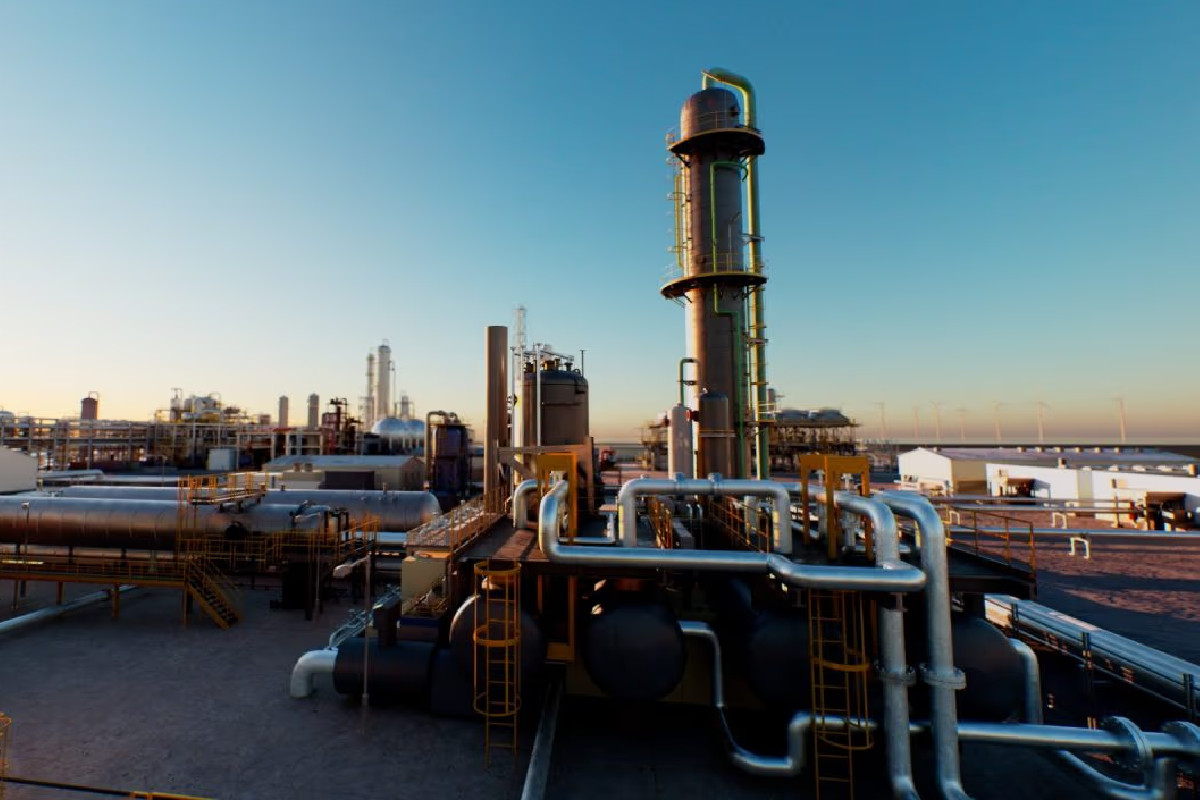A battle is brewing over 115 acres of the Teesworks regeneration site in Redcar after local councillors approved plans for an AI data centre on the very ground that BP hopes to use for its H2Teesside blue-hydrogen plant.
BP is currently seeking a development consent order (DCO) from the UK Government for the H2Teesside scheme, which is required for Nationally Significant Infrastructure Projects (NSIP). H2Teesside involves a plant that would split natural gas into hydrogen and captured CO2, creating one of the UK’s first large-scale blue-hydrogen hubs – and a potential anchor load for the region’s emerging carbon-capture network.
However, while BP waits for consent, with the Government set to decide by August 28, the landowner has gone to the local council with its own idea for the site – an AI data centre.
South Tees Group (STG), which is a private-public joint venture that owns the Teesworks regeneration site, managed to secure outline planning approval for an AI data centre at a meeting of Redcar & Cleveland Borough Council on Friday. That now puts the two competing plans on a collision course as to who ultimately gets to build on the site.
What happens next at the Teeswork site?
While you may think that given both the landowner and local council are backing the AI data centre that would be the end of the fight for BP – that couldn’t be further from the truth. That’s because if BP manages to secure the DCO from the UK Government it’ll have an ace up its sleeve – the ability to compulsorily purchase the land it needs.
For BP’s part, it believes that the H2Teeside plan is significant and must go ahead, noting that it is of “national significance,” as it would be a ”significant contribution” towards the Government’s 10 GW hydrogen-production target for 2030, supplying more than 10% of the quota. It adds: “A data centre would not deliver comparable levels of public benefit.”
STG counters this by noting that an AI data centre would also be of “critical national importance,” and that it was already in advanced discussions with a potential occupier for the site.
That puts the UK Government in a difficult position – while it has set a target to deliver up to 10 GW of low carbon hydrogen production capacity by 2030, it has also been espousing the benefits of AI and data centres more generally, officially designating them Critical National Infrastructure last year.
BP insists it has sought a position of ‘co-existence’ with STG and remains open to an agreement. In a statement to the BBC, a spokesperson noted, “[We remain] willing to continue those discussions on proposals that would enable both developments to co-exist.”
Teesworks is less convinced, noting that its overall priority is job creation, long-term economic growth, and generating positive outcomes for the local community. It believes that its plans for an AI data centre on the site are best placed to deliver that.


